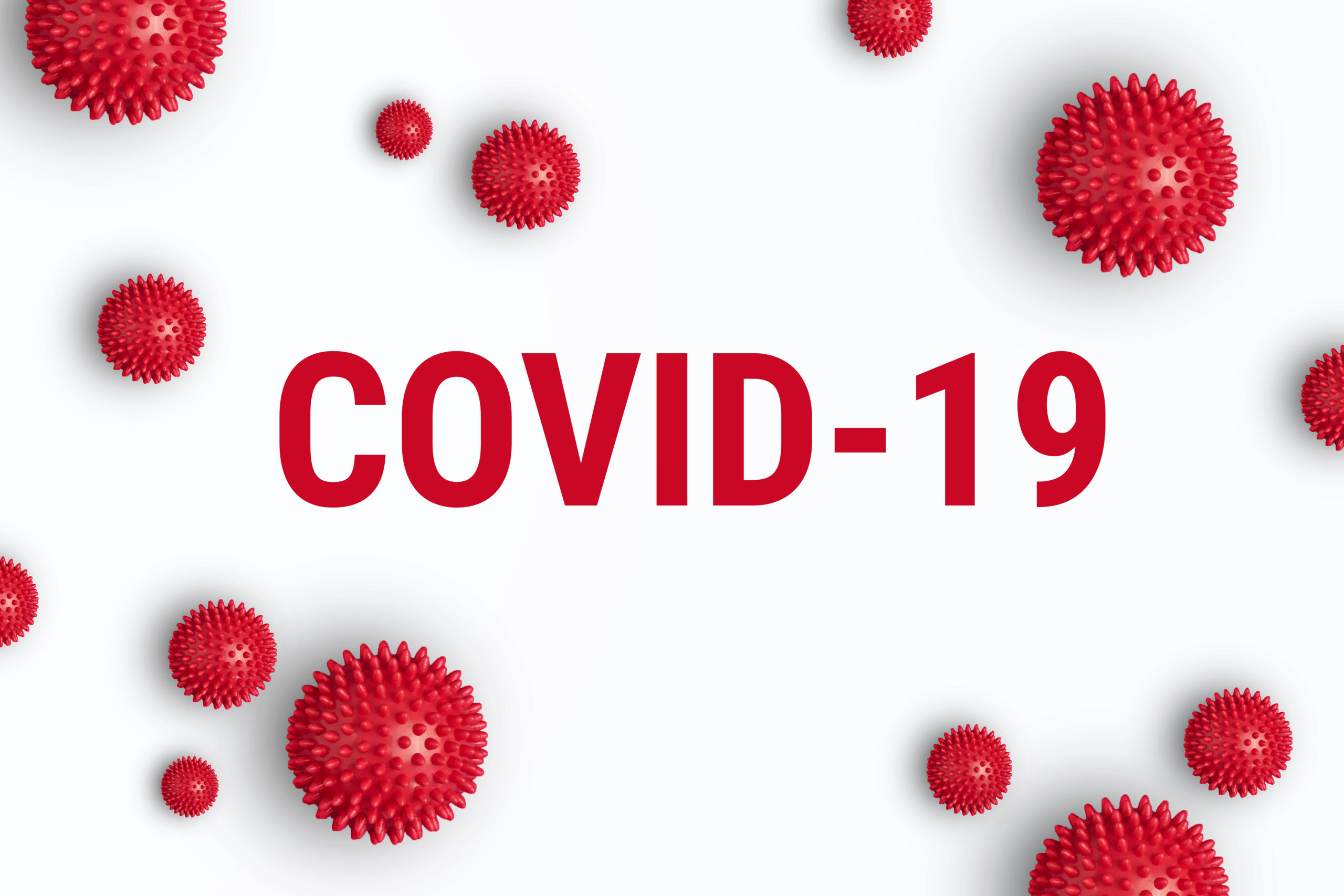
Is Oxytocin really crucial for bonding?
February 15th, 2023Oxytocin can induce anti-stress-like effects such as reduction of blood pressure and cortisol levels. It increases pain thresholds, exerts an anxiolytic-like effect, and stimulates various types of positive social interaction. In addition, it promotes growth and healing.
Animal studies have shown binding oxytocin molecules to receptors in the brain drives pair bonding behaviour forming strong relationships.
Dr Devanand Manoli senior author of the study notes his team were shocked that no matter how many different ways we tried to test this, the voles demonstrated a very robust social attachment with their sexual partner, as strong as their normal counterparts.”
Voles are small rodents that live in social groups and are known for their monogamous mating habits. Previous studies have shown that when voles mate, oxytocin is released in their brains, leading to pair bonding and long-term relationships. However, a recent study published in the journal Nature Neuroscience suggests that oxytocin may not be as crucial to bonding in voles as previously thought.
The results were surprising. When the researchers injected prairie voles with oxytocin, they did not show any increased bonding behaviour. In fact, the oxytocin seemed to have no effect on their behaviour at all. In contrast, when montane voles were injected with oxytocin, they showed increased bonding behaviour, despite their typically non-monogamous mating habits.
The researchers also found that the two species had different brain chemistry when it came to oxytocin. Prairie voles had more oxytocin receptors in the part of the brain associated with reward and pleasure, while montane voles had more receptors in the part of the brain associated with stress and anxiety.
These findings suggest that oxytocin may not be the key factor in bonding behaviour that scientists once believed. Instead, the researchers propose that the differences in oxytocin receptor distribution in the brain may be more important. The study’s lead author, Dr Devanand Manoli said in a press release, “Our findings suggest that it’s not just the presence of oxytocin that’s important for bonding, but where the oxytocin receptors are in the brain.”
These findings have important implications for the study of social behaviour in mammals, including humans. While oxytocin may still play a role in bonding, it may not be the primary factor. The study’s authors suggest that future research should focus on the distribution of oxytocin receptors in the brain, rather than simply measuring the levels of oxytocin.
In conclusion, while oxytocin has long been considered crucial to bonding behaviour, new research in voles challenges this idea. The study suggests that the distribution of oxytocin receptors in the brain may be more important than the presence of oxytocin itself. These findings have important implications for the study of social behaviour in mammals and highlight the need to study multiple species to fully understand the complexities of bonding behaviour.
Further Reading:
Oxytocin and the neural mechanisms regulating social cognition and affiliative behaviour: https://pubmed.ncbi.nlm.nih.gov/19481567/
Oxytocin-like receptors mediate pair bonding in a socially monogamous songbird:
https://royalsocietypublishing.org/doi/10.1098/rspb.2012.2396
Devanand Manoli, MD, PhD: https://profiles.ucsf.edu/devanand.manoli
Oxytocin receptor is not required for social attachment in prairie voles: https://www.cell.com/neuron/fulltext/S0896-6273(22)01084-4








